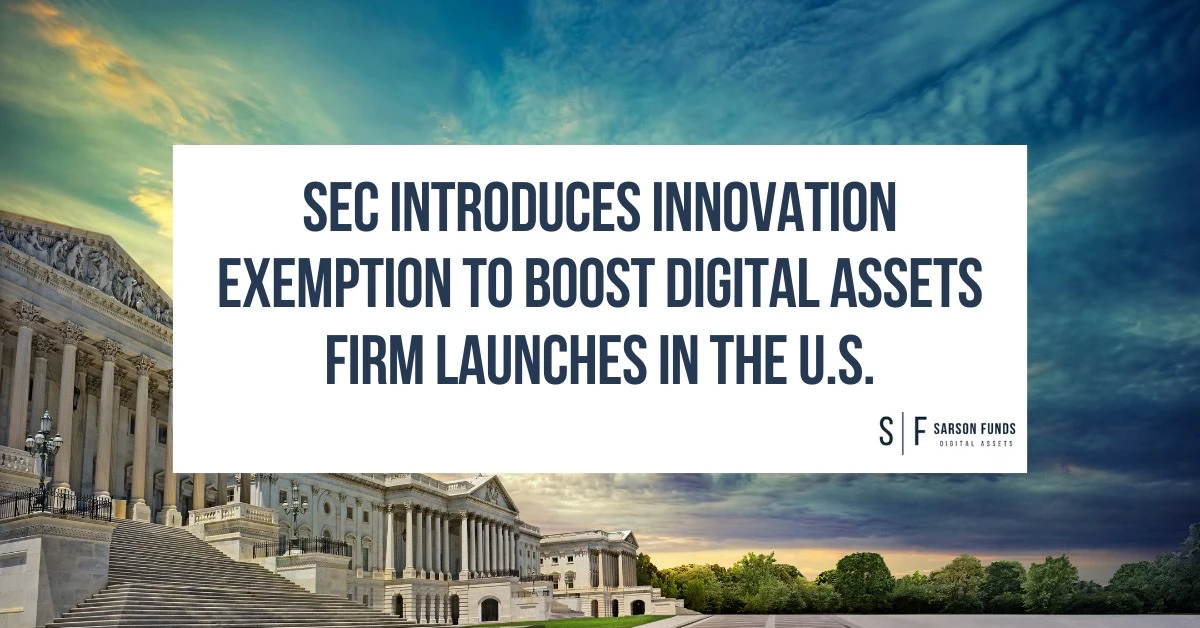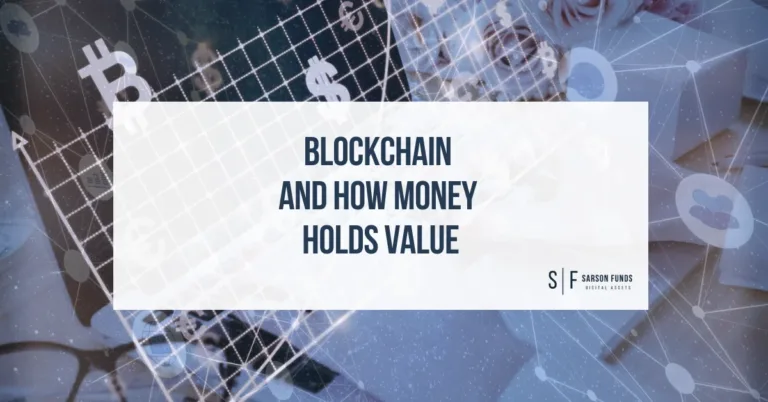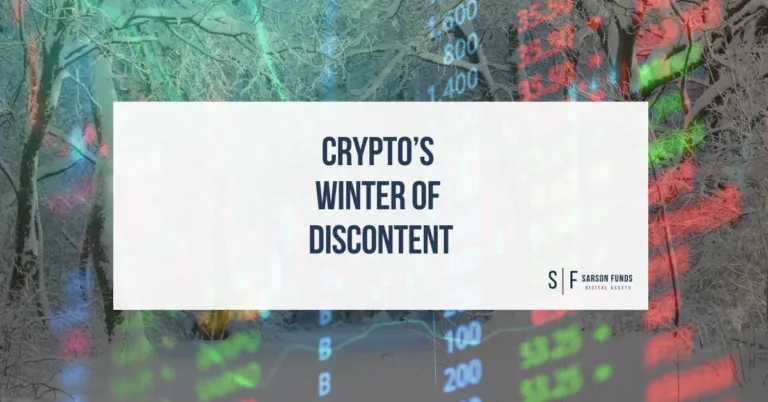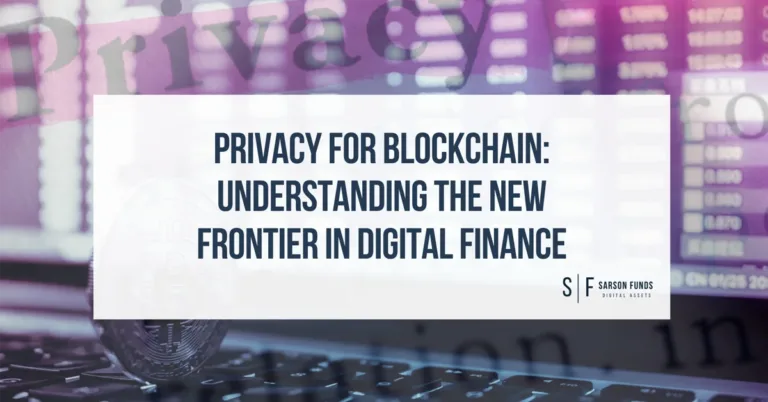
The U.S. Securities and Exchange Commission (SEC) is advancing a regulatory framework aimed at modernizing oversight of the digital asset sector. At the center of this effort is a proposed “innovation exemption,” designed to create a more efficient and transparent path for digital asset firms to operate in the United States. Final rules for the exemption are expected by the end of 2025, aligning with broader policy goals to enhance economic competitiveness in emerging technologies.
Streamlining Product Launches and ETP Listings
One of the primary goals of the innovation exemption is to allow digital asset exchanges to list crypto-based exchange-traded products (ETPs) using a standardized and more predictable process. Until now, the path to listing such products in the United States has been inconsistent and heavily burdened by case-by-case regulatory scrutiny.
By establishing a unified framework, the SEC aims to reduce unnecessary delays and make it easier for new products to reach the market. This could lower operational barriers, attract more entrants to the industry, and help reinforce the country’s position as a viable center for compliant digital asset activity.
Policy Statements and Formal Rule-making
In addition to the exemption proposal, SEC staff have begun issuing informal policy statements that address several current topics in the crypto space. These include the proliferation of memecoins, the energy demands of crypto mining operations, and the rapid growth of stablecoins. While these statements help clarify regulatory thinking in the short term, they do not carry legal authority.
To convert these ideas into enforceable regulations, the SEC must go through the formal rule-making process. This includes publishing proposed rules, accepting public comments, and working with stakeholders to refine the final versions.
Congressional Efforts and Market Clarity
Lawmakers in Congress are also working on legislation intended to define regulatory boundaries for the digital asset market. Their goal is to create clear distinctions between digital asset securities, commodities, and related instruments. This clarity is critical for ensuring that both the SEC and the Commodity Futures Trading Commission (CFTC) can operate within well-defined jurisdictions.
Bipartisan proposals are expected to gain momentum later this year. These efforts reflect growing consensus on the need to modernize the regulatory structure around crypto markets.
Independent SEC Policy and Broader Impact
While the SEC has expressed support for coordinated legislative solutions, the agency has also indicated that it will move forward with its own updates if necessary. This independent approach allows the commission to address evolving risks and market developments without relying solely on the pace of congressional action.
The broader effect of these changes could be significant. By making the regulatory landscape more transparent and navigable, the SEC is giving U.S.-based crypto firms a more reliable environment for innovation and growth. It also communicates to global stakeholders that the United States is taking measurable steps to foster responsible digital asset development.
As crypto-related initial public offerings become more common, a more coherent and accessible regulatory process could benefit both blockchain-native and traditional financial firms operating in this space.
A Clearer Path Forward
The SEC’s innovation exemption is part of a larger shift toward pro-innovation, regulatory modernization. The goal is to remove outdated barriers, support responsible experimentation, and provide clearer guidance for market participants. If these changes are implemented effectively, they may unlock new opportunities for entrepreneurs, investors, and institutions participating in the digital asset economy.
Disclosures: This article is for informational purposes only and should not be considered financial, legal, tax, or investment advice. It provides general information on cryptocurrency without accounting for individual circumstances. Sarson Funds, Inc. does not offer legal, tax, or accounting advice. Readers should consult qualified professionals before making any financial decisions. Cryptocurrency investments are volatile and carry significant risk, including potential loss of principal. Past performance is not indicative of future results. The views expressed are those of the author and do not necessarily reflect those of Sarson Funds, Inc. By using this information, you agree that Sarson Funds, Inc. is not liable for any losses or damages resulting from its use.









